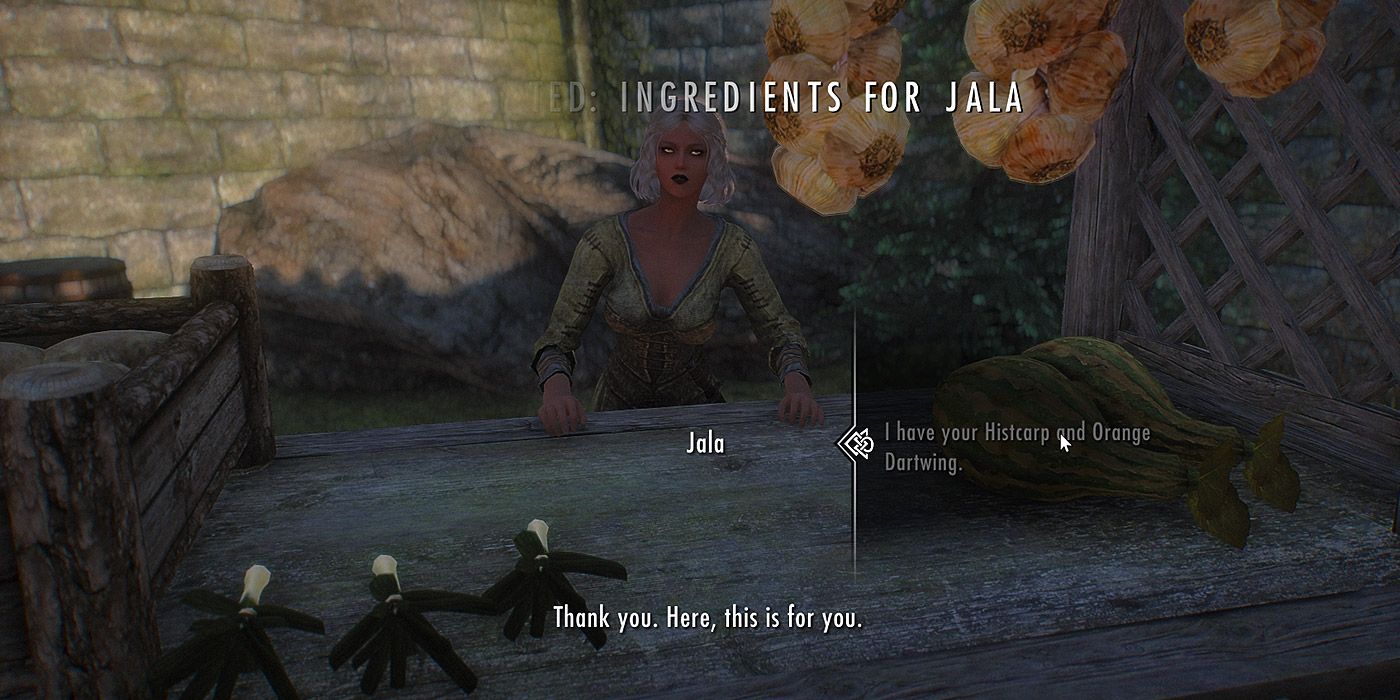
Has advanced features such as profiles that allow you to have different mods and INI files set-up for different profiles. 
My article introducing Nexus Mod Manager can be found here.
Offers single click installation, un-installation and updating of mods. Has an excellent interface with pre-built categories. Should you choose to install your mods using installation management software, there are two main choices, Mod Organiser and Nexus Mod Manager. You can see my initial load order in Mod Organizer below: If you have more than one mod that changes the same thing, the mod lower in the order will have its changes added to the game. Mods that are lower down the list will potentially overwrite mods higher up (this is where conflicts can occur). Simply put, Skyrim loads all mods (including the actual game itself) in order, starting at mod number 1 by using the load order. First, let’s look at the load order itself. We will look at using two tools, BOSS and TES5Edit, to optimise your load order. Mods that make similar changes to the same object or objects do not overwrite each other and if they do, you have control over what gets overwritten.  All necessary patches are installed (authors will often make patches so that their mods will work well with other popular mods).
All necessary patches are installed (authors will often make patches so that their mods will work well with other popular mods). 
The number of crashes is reduced as much as possible.










